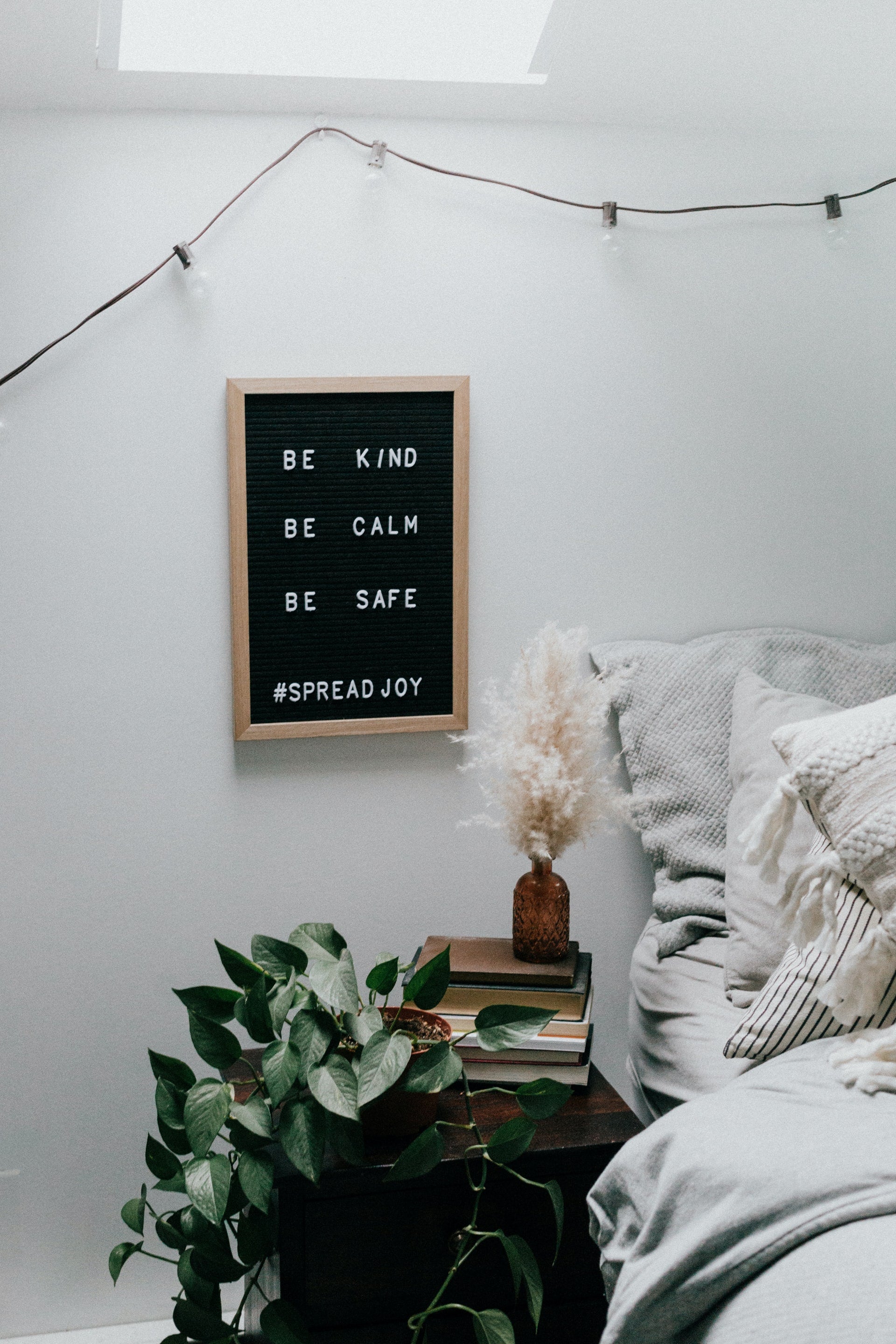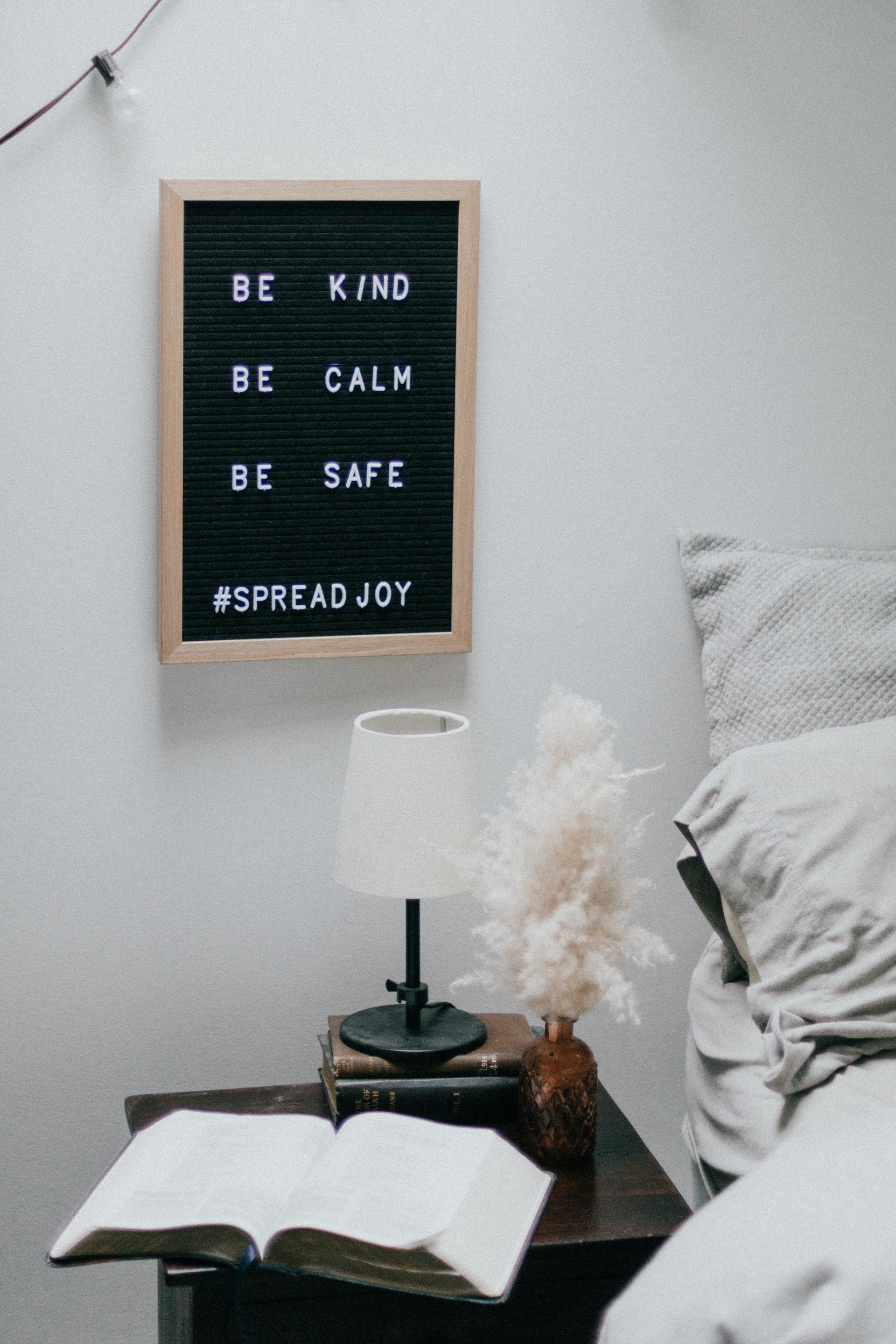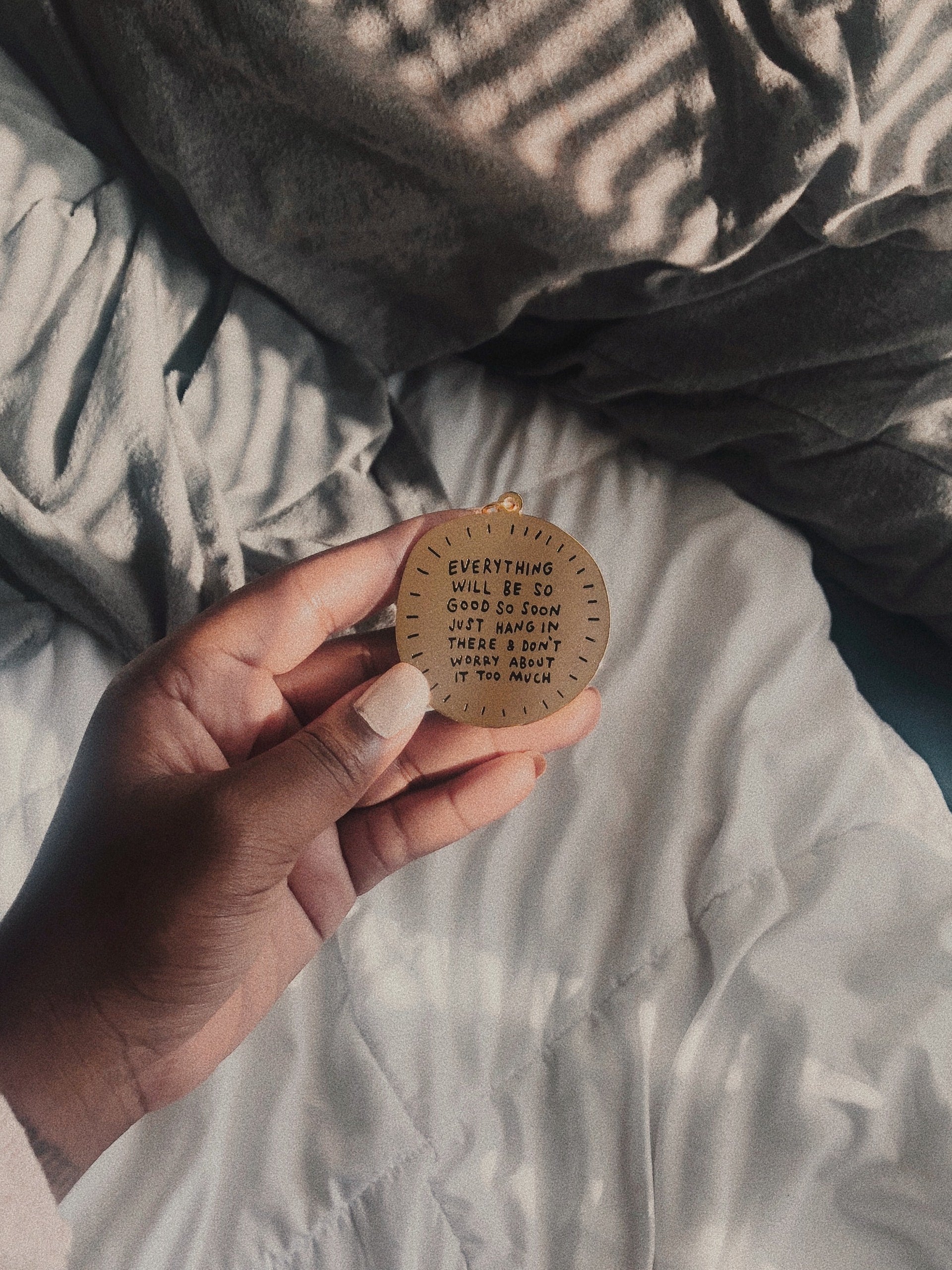Week 9: Mindful breathing
What you'll need:
* A quiet space where you can sit or lie down comfortably.
* A timer (optional)
Instructions:
* Find a comfortable position. This could be sitting in a chair with your feet flat on the floor, or lying down on your back with your arms at your sides.
* Close your eyes (optional).
* Bring your attention to your breath. Notice the sensation of the air moving in and out of your body. Feel your chest rise and fall with each breath.
* Focus on your breath for a few minutes. If your mind wanders, gently bring it back to your breath.
* If you like, you can use a timer to help you stay focused. Start with 5 minutes and gradually increase the amount of time you spend practicing mindful breathing.
Benefits:
* Reduces stress and anxiety
* Improves focus and concentration
* Promotes relaxation
* Increases self-awareness
Why this is a great self-care tip:
* Accessibility: Everyone can breathe, and it doesn't require any special equipment or skills.
* Low cost: It's completely free!
* Effectiveness: Mindful breathing has been shown to have a number of positive benefits for both mental and physical health.
* Simplicity: It's easy to learn and can be practiced anywhere, anytime.
Additional tips:
* If you find it difficult to focus on your breath, you can try counting your breaths or using a guided meditation app.
* You can also practice mindful breathing while doing other activities, such as walking or washing dishes.
Give it a try
y and see how you feel!








Add comment
Comments